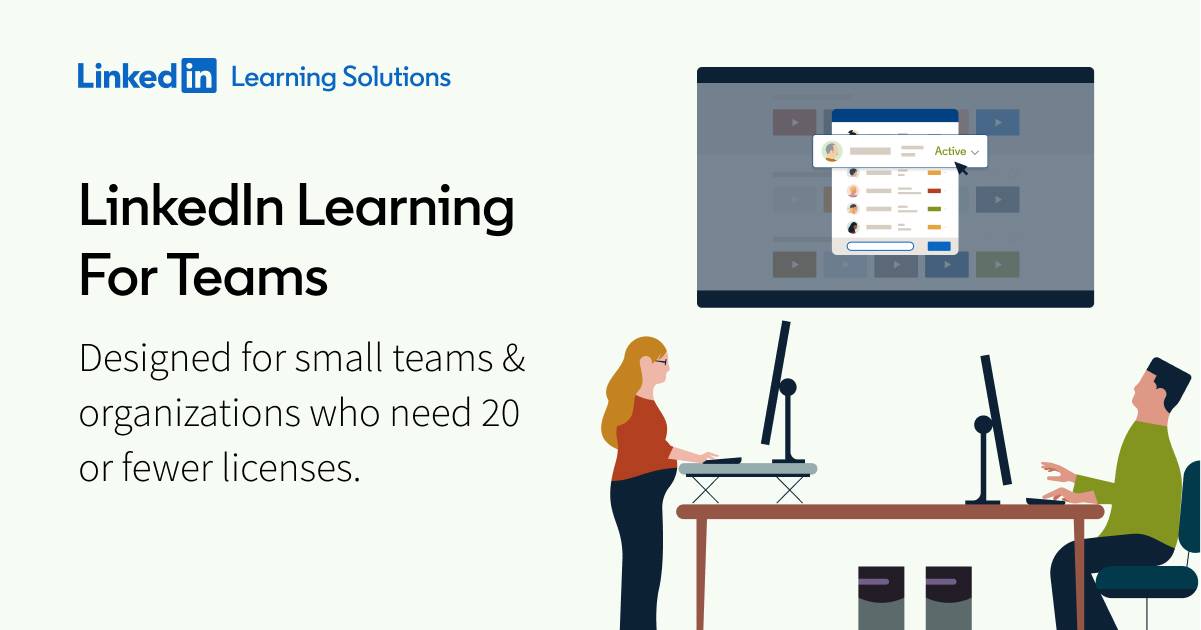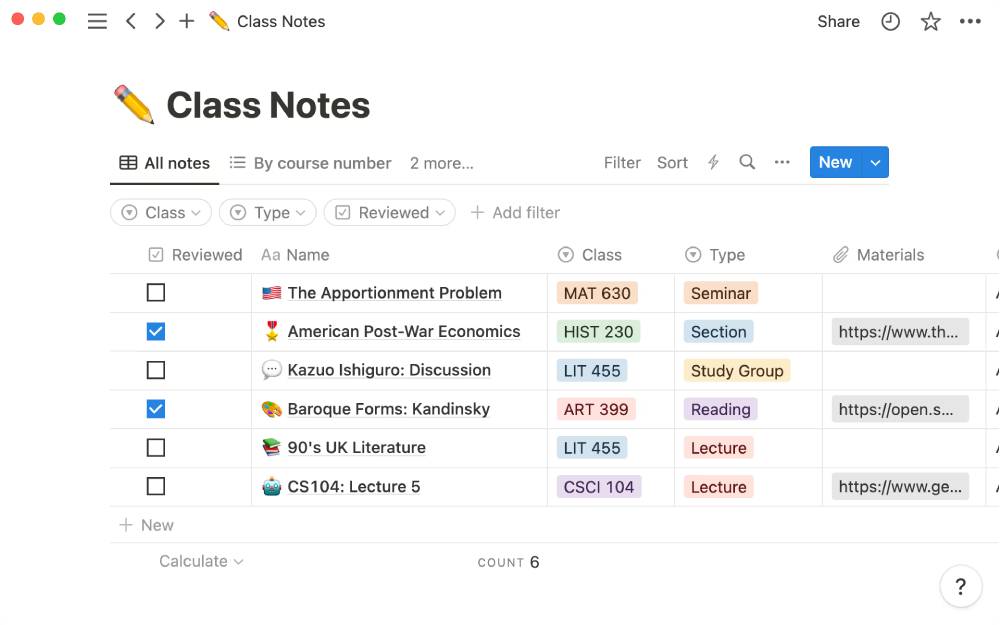
Top Online Communities for Self-Education
In today’s world, knowledge is easy to access. Self-education now drives personal and professional growth. However, even the most motivated learners can feel isolated or overwhelmed when navigating the sea of information alone. That’s where online learning communities come in. These platforms offer more than just resources—they create spaces where people can connect, share, and grow together.
This blog will explore the most impactful online learning communities, show you how they support peer education, and highlight the free learning resources that can empower your self-study journey. No matter if you’re learning programming, studying philosophy, or picking up a new language, these communities offer support, motivation, and friendship that you might not find in regular classes.
Why Online Learning Communities Matter
Self-directed learning requires discipline, but it doesn’t mean learning alone. The best online communities provide the following:
- Access to expert insights
- Peer support and motivation
- Real-time feedback and collaboration
- Curated resources and learning paths
This environment helps make learning more engaging, structured, and sustainable. A 2024 Class Central survey found that more than 70% of online learners felt peer interaction greatly boosted their motivation and understanding.
Key Features of Effective Online Learning Communities

Before looking at specific platforms, let’s explore what makes a community valuable for self-education:
1. Active Membership
A thriving user base ensures ongoing discussion, timely responses, and a sense of momentum. Dormant forums rarely provide lasting value.
2. Expert and Peer Guidance
Look for communities where both seasoned experts and curious peers contribute. This combination helps you get well-rounded feedback.
3. Resource Sharing
Great communities offer free e-books, tutorials, webinars, cheat sheets, and curated content. These resources help learners save time and stay focused.
4. Collaboration Opportunities
Working together on a project or joining a study group helps you learn and develop important skills.
5. Inclusive and Supportive Culture
Welcoming environments encourage participation from learners of all levels and backgrounds. A helpful tone and clear community guidelines make a huge difference.
Top Online Learning Communities by Subject
Let’s explore some of the best communities out there, divided by subject focus:
General Learning & Interdisciplinary Knowledge
1. Reddit (r/learnprogramming, r/LanguageLearning, r/AskAcademia)
- Millions of users
- Free to join
- Great for asking questions, exploring diverse topics, and engaging with niche groups
Use Reddit’s search tools to find highly upvoted posts and filter content by relevance.
2. Stack Exchange
- Includes sites like Stack Overflow (coding), Cross Validated (stats), and Academia Stack Exchange
- Highly structured Q&A format
- Great for in-depth answers from experienced users
3. Quora Spaces & Questions
- Ideal for discussion-style learning
- You can follow experts, ask questions, and build learning threads
Career-Focused Learning

4. LinkedIn Learning Groups
- Connect with professionals in your field
- Follow trending skills and participate in focused discussions
- Often linked to free trials of LinkedIn Learning courses
5. Dev.to & Hashnode (Tech Learning)
- Articles, tutorials, and interactive comments
- Encourages sharing projects and receiving feedback
6. Women Who Code / CodeNewbie
- Tech communities with a focus on inclusion
- Free webinars, Slack groups, and mentoring sessions
Technical & Academic Subjects
7. Khan Academy Community Forums
- Support for K-12 and early university subjects
- Users ask homework-style questions and explore concepts deeply
8. Coursera and edX Discussion Boards
- Directly tied to course content
- Forums include both instructors and students
9. MIT OpenCourseWare Community
- Forums and peer collaboration spaces linked to MIT’s free course content
Language Learning
10. Duolingo Forums & Clubs
- Integrates with app usage
- Users share tips, memes, and motivational boosts
11. LanguageLearners (Reddit)
- Language exchange opportunities
- Links to other tools like Tandem, HelloTalk, and iTalki
12. Polyglot Club & MyLanguageExchange
- Global forums for real-time language exchange
- Focus on practical application and cultural immersion
Creative Arts & Humanities
13. Behance & Dribbble (Design)
- Community feedback on projects
- Inspiration boards and tutorials
14. NaNoWriMo Forums (Writing)
- Perfect for budding authors
- Free writing challenges, critique circles, and genre-specific advice
15. ArtStation & DeviantArt
- Visual arts communities with strong peer support and portfolio building
How to Choose the Right Community for You
With so many options, selecting the right platform can feel overwhelming. Here are some tips:
Define Your Learning Goal
- Are you aiming for career advancement, a hobby, or academic mastery?
Assess Your Preferred Learning Style
- Do you enjoy structured discussions, visual content, live interactions, or written posts?
Try Before You Commit
- Lurk or read-only mode can give you a feel for tone and content before you actively engage
Check Activity Levels
- Look for recent posts and responses
How to Make the Most of Online Learning Communities
1. Be an Active Contributor
- Don’t just consume content—ask questions, post progress updates, and support others.
2. Set a Weekly Engagement Routine
- Dedicate 30-60 minutes a few times a week to check in, post, or contribute
3. Use Tools to Stay Organised

- Bookmark important threads
- Use note-taking apps like Notion or Obsidian
4. Join Challenges or Events
- Hackathons, reading groups, and Q&A sessions can deepen your involvement
5. Ask for Feedback
- Let others know you’re open to constructive criticism—this accelerates growth
Real-Life Success Stories: How Online Communities Changed Lives
Online learning communities can change lives. Let’s see how real people have used self-education, peer support, and free resources to transform their futures.
From Delivery Driver to Data Analyst — Meet Jordan
Jordan, a 28-year-old from Manchester, spent his evenings learning data analysis through free MOOCs on Coursera and participating in the r/dataisbeautiful subreddit. He gained practical skills and networking support by joining feedback threads, sharing his projects, and asking questions in forums. Less than two years later, he landed a junior analyst role at a fintech company.
“The community gave me something a classroom never did—real-time encouragement, blunt feedback, and a sense of belonging.”
Self-Taught and Hired by Google — A Story of Grit
Amit, originally from a rural part of India, couldn’t afford formal tech education. He relied on freeCodeCamp, Stack Overflow, and Discord communities for web development support. Amit worked hard and got help from online mentors. His portfolio impressed recruiters and led to a job at Google.
Learning Without Borders — Emma’s Language Journey
Emma is an expat living in Spain. She used Duolingo, language exchange Discords, and Reddit’s r/Spanish to practise daily. Feedback and tips from native speakers turned a lonely task into a fun routine. Fluent now, Emma runs a virtual language group. She helps newcomers fit in with peer support.
Why These Stories Matter
These stories aren’t just inspiring—they’re proof that peer-driven education works. The combination of free learning resources, accessible platforms, and supportive communities breaks down barriers to education and creates tangible opportunities for growth.
Whether you’re aiming to upskill, switch careers, or simply pursue a passion, the right online community can be your most powerful tool.
Would you like a few more case studies added, or do you want this section expanded into a full narrative with stats and quotes?
Final Thoughts: Building a Lifelong Learning Network
The beauty of online learning communities lies in their power to connect minds across borders. These platforms provide more than just information. They offer relationships, accountability, and a chance for shared growth. Whether you’re curious or looking to advance your career, there’s something for everyone.
By embracing peer education and tapping into free learning resources, you can build a self-directed education ecosystem tailored to your goals. Learning doesn’t have to be lonely, expensive, or slow. With the right community, you can thrive.
Ready to join the conversation? Pick one of the communities above that resonates with your learning goals, and dive in. Your next big idea might just come from a comment thread.
Stay Curious. Stay Connected. Keep Learning.